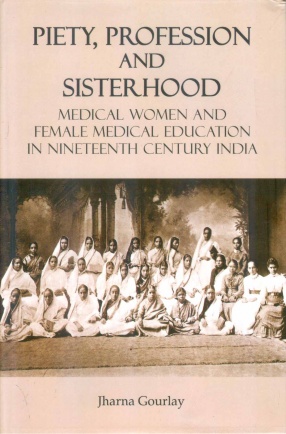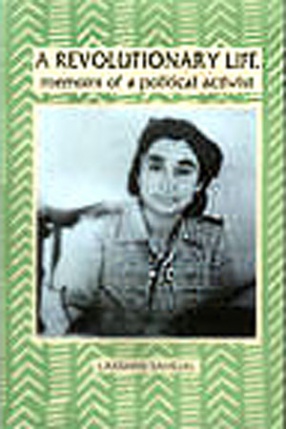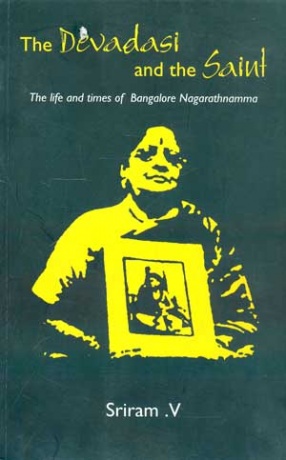Piety, Profession and Sisterhood: Medical Women and Female Medical Education in Nineteenth Century India
The institutionalisation of female medical education in India began in the last quarter of the nineteenth century when the medical colleges in the Presidencies started to open their doors to female students. However such education had started much earlier with the missionaries almost from the second quarter of the nineteenth century, and then with secular medical women arriving from Britain around 1880s. These European women doctors, missionary and secular, played a significant role in providing health care and medical education to Indian women.
The scholarly explanation so far was that the European medical women were looking to the colonies for employment and the missionaries among the were sent to evangelize the indigenous women. They used the idea of providing medical care for Indian women for their own interest. Jharna Gourlay questions that assumption and views it as a cross-cultural relationship between two groups of women where both parties played significant roles to empower each other. Just as the European medical women opened up a new professional domension in Indian Women's lives, this cross cultural relationship also helped to broaden the horizon of female agency in the western world.
The medical women's achevements in establishing hospitals and training centres, in creating employment opportunities for women from various strata of the society, and their active support for Indian women in gender issues tell us a different story of feminist concern. Based on sources from both Britain and India, this book explores that story of 'sisterhood' and contributes to the debate relating to the impact of colonial medicine on Indian Women.
Get it now and save 10%
BECOME A MEMBER







Bibliographic information